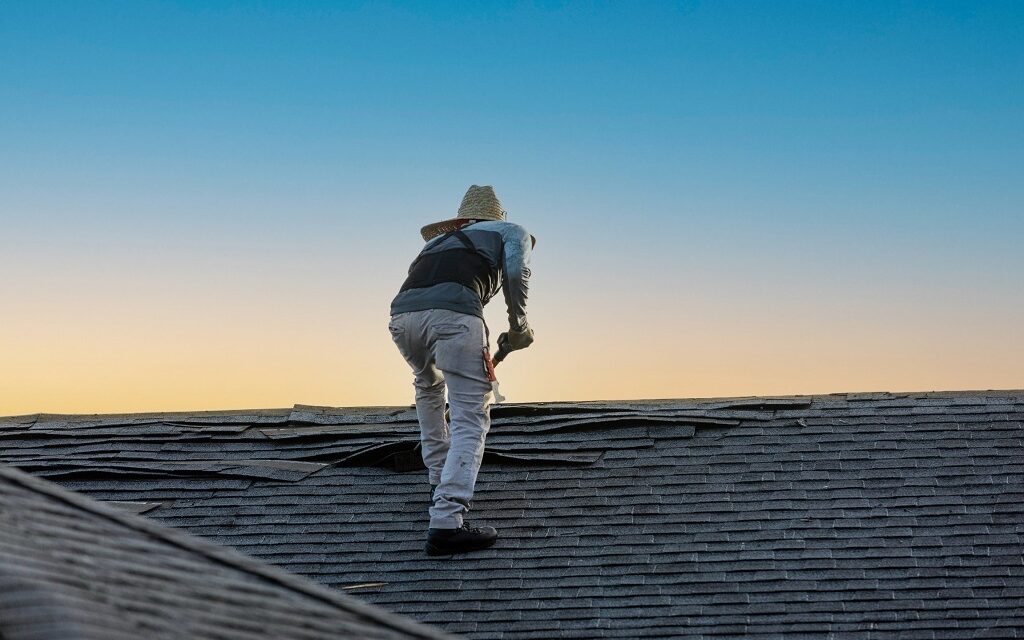As a homeowner, you take pride in your property and work hard to maintain it. However, accidents can happen, especially when hired contractors are working in your home or on your property. It’s important to understand the legal concept of premises liability and when homeowners can be held liable for worker injuries.
In this article, we cover the most common scenarios where homeowners may be held liable for worker injuries and how they can minimize their risk of liability. We also explain the interplay of homeowners insurance and worker injuries and provide a quick glossary to help you decipher legal terms. Whether you’re hiring home contractors or simply want to understand how to protect yourself and home from liability risks, this article is for you.
Table of Contents
- What is Premises Liability?
- When Homeowners May Be Liable for Worker Injuries
- How Homeowners Can Limit Their Liability When Hiring Workers
- Homeowner Liability Legal Terms
- How Liability Coverage and Workers’ Comp Relate to Each Other
- Frequently Asked Homeowner Liability Questions
- Homeowner Liability Resources
- Conclusion
Also see:
What is Premises Liability?
Premises liability is a legal concept that holds property owners accountable for injuries that occur on their premises. This means that if someone gets hurt while working on your property, you could be held liable for their injuries. As a homeowner, it’s crucial to understand that you can be held liable if you fail to maintain a safe environment.
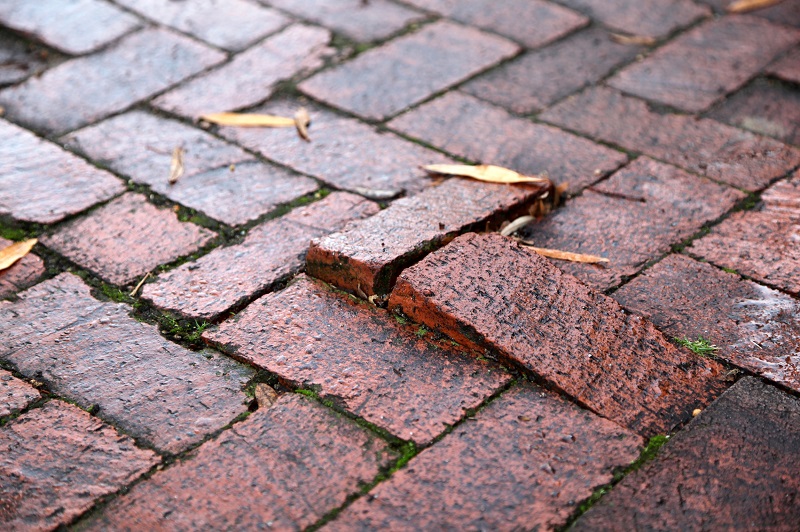
Keep in mind that premises liability laws vary by state, so it’s important to familiarize yourself with the specific laws in your local jurisdiction. If you are found responsible for an injury, you may be required to compensate the injured party for medical expenses and other damages. To navigate these complex laws, it’s advisable to seek legal advice from a premises liability lawyer who specializes in this legal practice.
Responsibility of the Homeowner Pertaining to Premises Liability
As a homeowner, it’s important to understand your role in premises liability. You have a duty of care to ensure that your property is safe for visitors. This means that you are responsible for maintaining your property and addressing any hazardous conditions that may arise. Taking reasonable steps to prevent accidents and injuries on your premises is crucial. If you are aware of a dangerous condition and fail to fix it or warn visitors, you may be held liable for any resulting injuries. To protect yourself, make sure you have adequate liability coverage in your homeowners insurance policy.

When Homeowners May Be Liable for Worker Injuries
Homeowners may find themselves liable for worker injuries due to several common scenarios. One such scenario is when they hire contractors or subcontractors without proper insurance coverage. In such cases, if a worker gets hurt while working on the homeowner’s property, the homeowner may be held responsible for any resulting injuries.
Another scenario where homeowners may be held liable is if they fail to provide a safe working environment or neglect to warn workers of potential hazards. Homeowners have a duty of care to ensure that their property is free from dangers that could cause harm to workers.
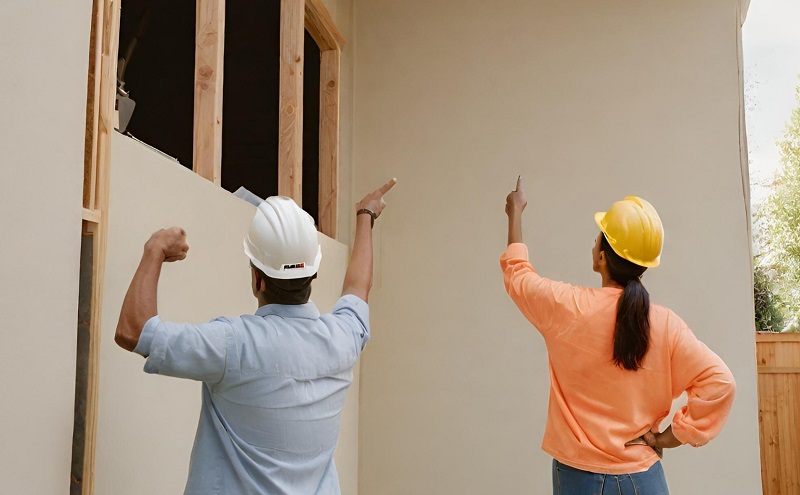
Additionally, homeowners can be held liable for injuries caused by their own negligent actions (e.g. exercising control) or failure to follow construction safety regulations. It is crucial for homeowners to prioritize the safety of workers on their property and take necessary precautions to prevent accidents.
Most Common Reasons Homeowners May be Liable for Workers Injuries
- Neglecting to do proper maintenance of your home and property
- Not providing a safe working environment
- Failing to warn workers of known hazards
- Providing defective equipment, tools or materials to workers
- Not delegating management of the project to a general contractor
- Inadequately supervising contractors
- Hiring a licensed independent contractor who does not have workers’ compensation insurance
- Hiring a licensed contractor that does not have adequate insurance coverage for your home and project
- Not following safe construction practices
- Incurring an injury that is the result of a dog-bite
Most Common Reasons Homeowners May Be Denied Coverage for a Worker’s Injury
- Hiring an unlicensed contractor
- Bypassing required permits in your local jursidiction
- Experiencing an incident that pertains to a home-based business
- Incurring an injury that is the result of a dog-bite
To protect themselves and minimize liability, homeowners should ensure that all workers have the necessary qualifications and experience to perform the job safely. Seeking legal advice from a personal injury lawyer can also help homeowners understand their rights and responsibilities in these situations.
Remember, homeowners’ liability for worker injuries can vary depending on state laws and specific circumstances. It is important to consult with legal professionals who specialize in premises liability and worker injuries to ensure the best interests of both homeowners and workers are protected.
Also see:
How Homeowners Can Limit Their Liability When Hiring Workers
When hiring workers for a home project, it’s vital for homeowners to take certain steps to protect themselves and limit their liability. One of the first things homeowners should do is verify that the workers they hire are licensed and have proper insurance coverage, specifically general liability insurance and workers’ compensation insurance. Homeowners should always require proof of insurance and ensure that the coverage is current and sufficient to cover the value of their home.
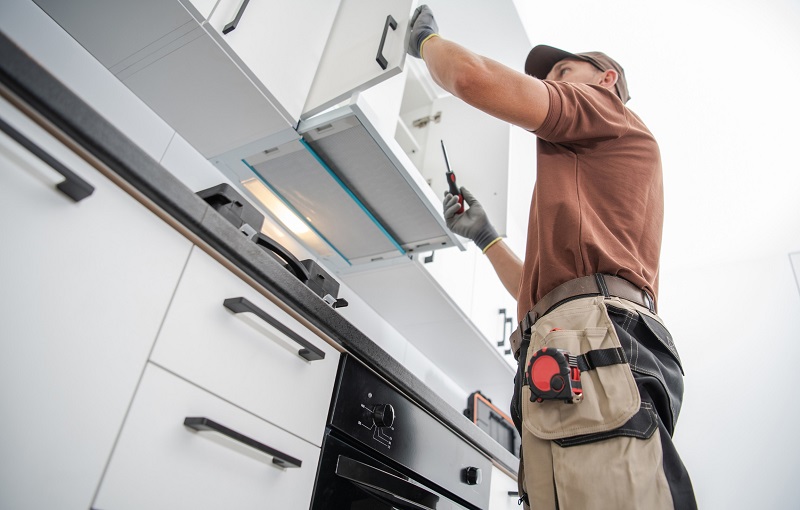
Most homeowner insurance policies require that policyholders hire only licensed contractors for projects and repairs. Employing unlicensed contractors can void insurance coverage for the given work, and may even trigger the automatic cancellation of the policy due to non-compliance. Additionally, coverage for any future accidents that are a result non-licensed work will likely be denied.
In tandem with using unlicensed workers, homeowners also need to understand the repercussions of not pulling required permits in their local jurisdictions. Insurers view the act of bypassing required permits (knowingly or unknowingly) as negligence. This means that your insurance company will likely deny any future claims related to unpermitted work.
Communication is also key. Homeowners should clearly communicate their expectations and discuss any potential hazards with the workers before they begin the job. Additionally, homeowners may want to consider adding an indemnification clause to their home improvement contracts, which can help protect them from liability. Seeking legal advice can also be beneficial, as it can help homeowners draft contracts that clearly define responsibilities and minimize their risk of liability.

Homeowner Best Practices for Reducing Liability When Hiring Workers
- Only hire licensed, insured and bonded contractors
- Ensure contractors and subscontractors have their own workers’ compensation insurance
- Secure all required permits for your local jurisdiction
- Clearly communicate expectations and safety guidelines
- Disclose any dangerous conditions in writing
- Maintain a safe work environment and property
- Make sure the hired general contractor is in control of the project
- Avoid directing any workers to perform any specific tasks
- Do not lend any tools or equipment to workers, under any circumstances
- Regularly inspect the work area for newly introduced hazards
- Consult with an attorney to understand your rights and responsibilities
Also see:
Homeowner Liability Legal Terms
As a homeowner, it’s important to understand the legal terms related to premises liability and your responsibilities towards visitors and workers on your property. By familiarizing yourself with these homeownership-related legal terms, you can protect yourself and ensure the safety of those on your property.
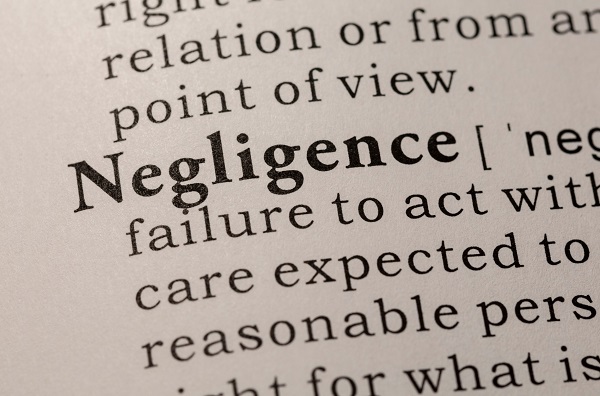
Here are several legal terms related to homeowner liability and home improvement projects important to understand:
- Attractive Nuisances
- Comparative Negligence
- Constructive Notice
- Duty of Care
- Exercised Control
- Fault-Based Liability
- Invitee
- Liability Coverage
- Negligence
- Premises Liability
- Privette Doctrine
- Respondeat Superior
- Strict Liability
Also see:
Attractive Nuisances
The legal term Attractive Nuisances refers to potential hazards on a homeowner’s property that may attract children and pose a danger to them.

These can include swimming pools, trampolines, abandoned cars, and construction sites. Homeowners have a responsibility to take reasonable steps to prevent children from accessing these dangerous temptations, such as installing fences, covers and locks. Failure to do so may result in the homeowner being held liable for any injuries or accidents that occur on their property.
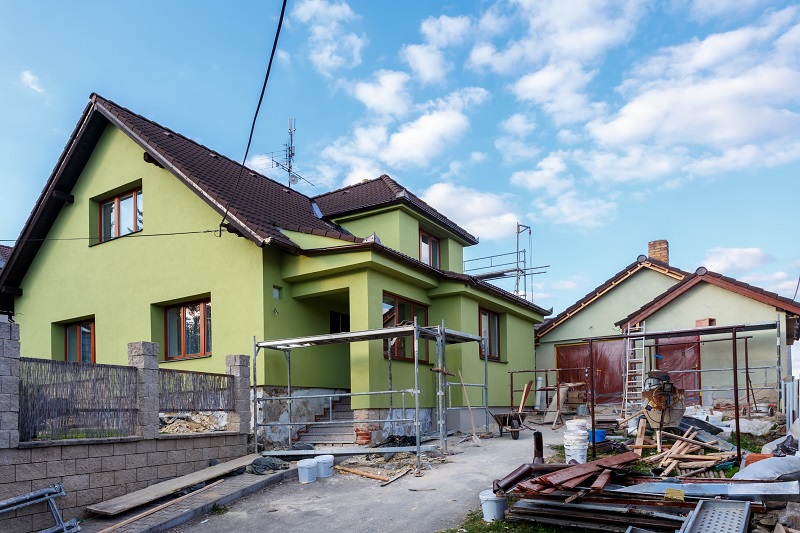
Comparative Negligence
Comparative Negligence laws permit an injured person to recover damages in cases where more than one party is at fault. For example, if the injured party was partially responsible for their accident, but the property owner is mostly responsible, the injured person could still seek damages. However, in most instances, the injured person cannot seek damages if they were more than 50% responsible for the incident.
Constructive Notice
Constructive Notice is a legal doctrine that assumes you knew or should have known about a dangerous condition on your property, that can help you take appropriate action to prevent accidents and minimize your liability. This also relates to making workers on your site aware of any known hazards or likely hazards.
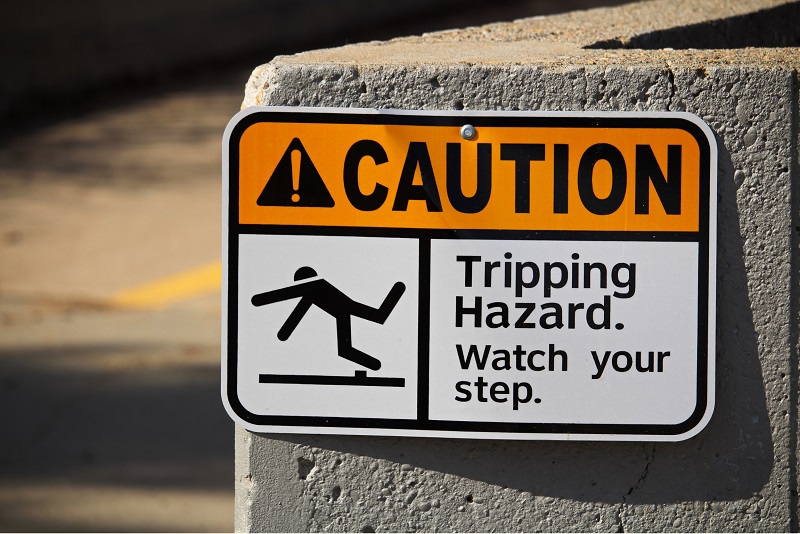
Duty of Care
Duty of Care refers to the legal obligation of a property owner to ensure the safety of others by making a reasonable effort to keep their property well-kept and safe, while warning visitors of any known hazards.
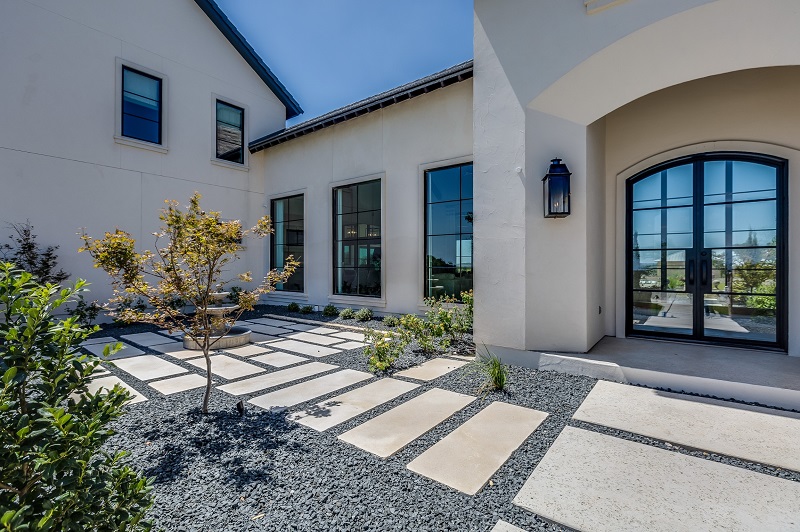
Exercised Control
The legal term Exercised Control is often used in the context of homeowners and home improvement projects. In this context, it refers to the level of control that a homeowner has over contractors or subcontractors working on their property. If the homeowner exercised control over the work being done, they may be held liable for any injuries or damages that occur during the project. This is why it’s important for homeowners to clearly define the scope of work in writing, while leaving the details of the work to the professionals they have hired.
Two actions within “Exercised Control” that will increase the risk of a homeowner being liable for a worker injury are:
- Actively giving instructions to contractors on how the work should be performed
- Giving advice regarding safety and injury protection that can be construed as taking responsibility for a contractor’s safety
Fault-Based Liability
Fault-based liability refers to the circumstance when a person is at fault due to some act (e.g. turning on the electricity that causes an injury), or failing to take action that would have prevented the incident (e.g. not removing a known hazard).
Invitee
An Invitee, in the context of premises liability legal cases, is a person who has been invited onto someone’s property for a specific purpose. For a private residence, this can include friends, relatives, or neighbors, as well as service professionals, such as home contractors or food delivery vendors.
Property owners have a duty to ensure that their premises are safe for invitees and must take reasonable steps to prevent accidents and injuries from occurring. If an invitee is injured due to the property owner’s negligence, they may be able to file a lawsuit and seek compensation for their damages. is a person
Liability Coverage
Liability Coverage is an insurance policy that provides financial protection in case of accidents or injuries on your property, as well as elsewhere, such as a neighbor’s property.
Negligence
Negligence implies that a property owner has failed to exercise reasonable care, which can result in injury or harm to others, making the owner potentially liable.
Privette Doctrine
The Privette Doctrine is a legal principle originating in California that limits homeowner liability for injuries sustained by independent contractors or their employees while working on a project. Under this doctrine, the independent contractor assumes responsibility for the safety of its employees and is therefore held liable for any injuries that occur on the job.
An important exception to this rule is when the property owner exercises direct control over the work being done or when there is a non-delegable duty involved (e.g. not providing a safe environment). In other words, if a homeowner gets involved with a project, such as directly giving instructions, tools or equipment to workers, the homeowner can be liable for any subsequent injuries.
The Privette Doctrine has been adopted in many states across the US and has significant implications for both contractors and property owners in terms of risk management and insurance coverage.
Respondeat Superior
Respondeat Superior is a legal term that holds employers liable for the actions of their employees. In the context of homeownership, this pertains to when a homeowner hires an independent contractor that meets the criteria of being an employee of the homeowner in certain states, such as California. Once this criteria is met, the homeowner is then obligated to provide a safe working environment, including providing workers’ comp coverage.
Strict Liability
Strict Liability is the legal term used when a property owner is being held liable for an injury without being at fault. Homeowners can be strictly liable for injuries sustained by workers on their property, as well as visitors to their homes, who hurt themselves in a “no-fault” accidental fall, for example. Consult with a lawyer to understand potential liability and mitigate risks.
How Liability Coverage and Workers’ Comp Relate to Each Other
Standard homeowners insurance policies include liability coverage, which can provide protection for homeowners in the event of worker injuries. It is crucial for homeowners to carefully review their insurance policy to understand what is covered and what is not.
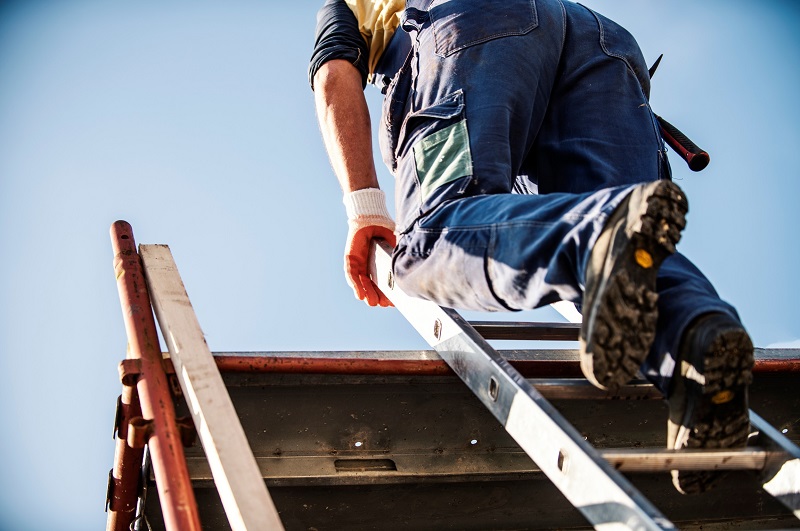
Homeowners should also make a point to notify their insurance company if they plan to hire workers or undertake any construction projects. Depending on the specific circumstances, homeowners may need to purchase additional coverage or endorsements to ensure they have adequate protection. Umbrella insurance, for example, is used to provide extra coverage and increased financial protection beyond existing limits of your existing homeowners policy.
Homeowners may also need to implement additional safety measures to ensure a “reasonably safe environment”, especially with major remodeling projects that may turn into attractive nuisances. Consulting with an insurance agent can be highly beneficial, as they can help homeowners navigate the complexities of homeowners insurance and the risk of worker injuries.
Also keep in mind that when hiring independent contractors that do not have workers’ compensation coverage, you run a higher risk of being accused of premises liability or exercised control, if the uncovered worker is injured on your project or property. Since they do not have a workers’ comp plan, they will likely turn to you and your homeowners plan for financial recourse.
Frequently Asked Homeowner Liability Questions
- Who is liable if a contractor is injured at your house?
- What types of damages could someone working on my property receive for an injury?
- How does personal liability coverage help when someone is injured on your property?
- What does homeowners liability insurance typically not cover?
- What is it called when an owner is liable for an injury to a person without being at fault?
- How can I avoid liability for injuries when hiring someone to work on my home?
- Can a homeowner be liable for the injury of a trespasser?
1. Who is liable if a contractor is injured at your house?
If a contractor is injured at your house, you may be held liable under certain circumstances. The extent of your control over the work and the safety of the worksite will determine your liability. It’s important to hire contractors with the necessary insurance coverage before starting any work, so you lessen the risk of being sued for a wrongful injury. Consulting with a legal professional can help you understand your liability and potential risks, as well.
2. What types of damages could someone working on my property receive for an injury?
If someone gets hurt while working on your property, they could receive damages for medical expenses, lost wages, and pain and suffering. The amount awarded depends on the severity of the injury and earning potential of the injured person.
3. How does personal liability coverage help when someone is injured on your property?
Personal liability coverage provides financial protection for homeowners if someone gets hurt on their property. It can cover medical expenses, lost wages, and legal fees, ensuring homeowners are not personally liable for these costs. Review your home insurance policy to ensure you have sufficient personal liability coverage.
4. What does homeowners liability insurance typically not cover?
While homeowners liability insurance provides coverage for a wide range of situations, there are certain incidents that it typically does not cover. These include intentional acts of harm, such as assault or vandalism, as well as injuries or damages resulting from business activities conducted on your property. Personal liability coverage for an injury to you or a family member who lives in the house would also not likely be covered.
Additionally, some policies may exclude coverage for certain dog breeds or exotic pets that are considered high-risk. It is important to carefully review your policy and discuss any coverage gaps with your insurance provider to ensure you have adequate protection.
5. What is it called when an owner is liable for an injury to a person without being at fault?
The legal term for a property owner being held liable for an injury or damage without being at fault is strict liability. An example of strict liability is being liable for your dog biting someone, even if your dog had no history of aggressive behavior or if the victim may have provoked the dog’s action. (NOTE: Not all states have strict liability rules for dog bites, some have “one-bite exemptions“).

Another example is a slip-and-fall accident that caused an injury to visitor on your property that was not your fault. In this instance, no-fault medical coverage (AKA Med Pay) can be used to cover routine medical bills (e.g. doctor’s visit; X-rays; physical therapy; etc.) of the injured party, at a significantly lower cap than liability coverage (typically less than $10,000 and often in the $1,000 to $5,000 range). Keep in mind that medical payments insurance will likely not cover an in-house tenant or activities pertaining to at-home business.
Also see:
6. How can I avoid liability for injuries when hiring someone to work on my home?
To avoid liability for injuries when hiring someone to work on your home, follow these steps:
- Hire licensed and insured contractors with workers’ compensation coverage
- Obtain a written contract outlining responsibilities and liabilities
- Remove hazards or obstacles that could cause injury
- Confirm that your homeowner’s liability coverage is adequate for worker injuries and is on par with your home value and overall net worth
7. Can a homeowner be liable for the injury of a trespasser?
In general, a homeowner is not liable for the injury of an adult trespasser on their property. However, if the homeowner intentionally or recklessly causes harm to the trespasser, then they can be held responsible for any resulting injuries.
Additionally, if the homeowner knows about a dangerous condition on their property that could cause harm to trespassers and fails to take reasonable steps to address it, they may also be held liable for any resulting injuries. It is important for homeowners to be aware of their legal obligations and take appropriate measures to ensure the safety of visitors on their property.
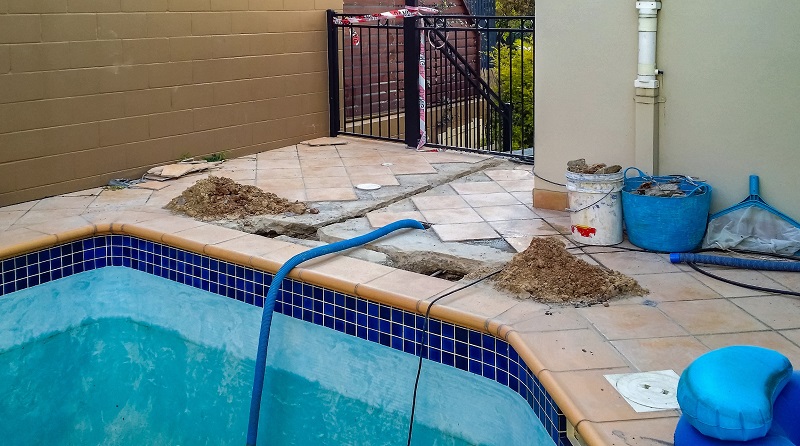
Child trespassers, however, receive greater legal protection because they are often naive to certain dangers, referred to as “Attractive Nuisances“. Therefore, homeowners are more likely to be liable for injuries to juvenile trespassers, if their property is not responsibly maintained or secured.
Homeowner Liability Resources
- The Dangers of an Unlicensed Contractor from Every Angle
- Does Homeowners Insurance Cover Unpermitted Work?
- 10 Surprising Construction Injury Statistics 2023
- 37 Construction Safety Statistics for 2023
- Nolo Homeowners’ Insurance Guide: What You Need to Know to Be Fully Covered
- Nolo Dog Owners’ Guide: Liability for Bites and Other Injuries
- Real Life Examples of Contractors Needing General Liability Insurance
Conclusion
When it comes to worker injuries on your property, understanding your role as a homeowner is crucial. In certain cases, homeowners can be held liable for worker injuries under the legal concepts of premises liability and exercised control. However, there are many scenarios where homeowners will not be held responsible if they understand their responsibilities and know how to reduce their liability risks. Additionally, having adequate homeowners insurance can provide an invaluable extra layer of protection.
If you do find yourself in a situation where a worker is injured on your property, it’s important to consult with a well-qualified legal professional who can guide you through the process. Remember, taking proactive measures to ensure a safe working environment, while understanding the details of your homeowners policy and local laws, can go a long way in protecting yourself, your home and others.
Legal Disclaimer: The information provided in this article and on this website does not, and is not intended to, constitute legal advice. Instead, all information, content, and materials available in this article and on this site are for general informational purposes only.
Recommended Homeownership & the Law Articles
- 10 Conflicts of Interest Every Homeowner Should Know
- How to Avoid the Most Common Homeowner Scams
- Important Must-Have Legal Documents for Homeowners
- How to Hire a Handyman Safely, Wisely & Virtually
- How to Choose a Qualified & Trustworthy Contractor
- Homeowner Liability With DIY Projects
- What to Include in a Renovation Contract
- Construction Warranties: 6 Key Concepts
- Lien Waivers: What Homeowners Need to Know
- How to Live in a World of Fake Reviews
- Related Topics: Legal Topics for Homeowners | Home Improvement Contracts | Home Safety
| Purgula is reader-supported. When you click on links to other sites from our website, we may earn affiliate commissions, at no cost to you. If you find our content to be helpful, this is an easy way for you to support our mission. Thanks! Learn more. |

